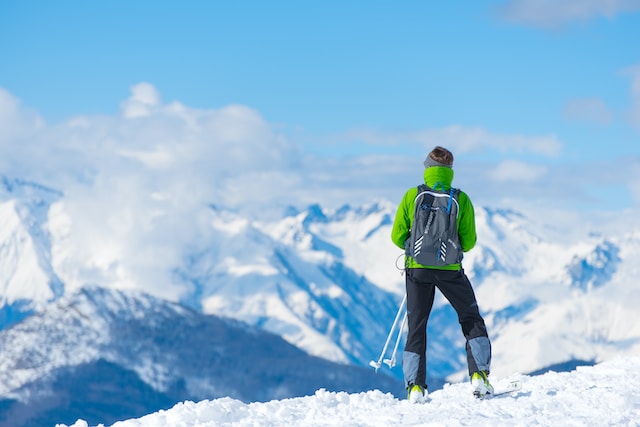Skiing and snowboarding are exhilarating winter sports that attract many people to high-altitude destinations around the world. However, the thrill of shredding down snowy slopes can be overshadowed by altitude sickness, which is a condition caused by lower oxygen levels at high elevations.
Symptoms like headache, nausea, dizziness, and fatigue can quickly dampen your adventure. Fortunately, with the proper preparation, you can minimize the risk of altitude sickness and ensure your mountain getaway is memorable for all the right reasons.
Arrive a day early to acclimate
The key to preventing altitude sickness is giving your body time to adjust to the lower oxygen levels. This process, known as acclimatization, can’t be rushed. When you ascend too quickly, your body struggles to adapt, increasing the risk of altitude sickness.
Plan to arrive at least a day before trying any strenuous activity. Use this time to relax and engage in light activities like walking. This gradual approach gives your body a chance to adapt to the altitude and reduces the likelihood of developing altitude sickness.
Hydrate a lot
At higher altitudes, the air is not only thinner but also drier. This can lead to rapid dehydration, exacerbating the symptoms of altitude sickness.
Drink plenty of water before, during, and after your trip. Aim for around 1 to 1.5 liters more than you usually drink, and avoid or limit diuretics like caffeine and alcohol, as they can dehydrate you further. If you struggle to remember to hydrate, try carrying a reusable water bottle with milestone markings.
Get plenty of rest
Sleep is crucial for recovery and adaptation. The stress of high-altitude exposure can tire the body more quickly, making adequate rest essential.
Prioritize getting a good night’s sleep. This might mean going to bed earlier than usual or taking short naps during the day. Also, consider the comfort of your sleeping arrangements, as a good mattress and a quiet environment can significantly improve sleep quality.
Watch what you eat (And don’t drink too much)
What you eat plays a significant role in how your body responds to high altitude. Meals rich in carbohydrates are recommended because they’re easier to metabolize at higher elevations and provide steady energy.
While it might be tempting to enjoy après-ski drinks, alcohol can worsen the symptoms of altitude sickness. It’s a vasodilator and can lead to dehydration, both of which can exacerbate altitude sickness symptoms. If you choose to drink, do so in moderation and balance it with plenty of water.

By arriving a day early to acclimate, staying well-hydrated, getting plenty of rest, and watching your diet, you can significantly reduce the risk of altitude sickness on your ski or snowboard trip.
Remember, the goal is to enjoy the mountain experience safely and comfortably. Paying attention to these tips not only helps in preventing altitude sickness but also enhances your overall experience, ensuring that your time on the slopes is as enjoyable as you imagined.




